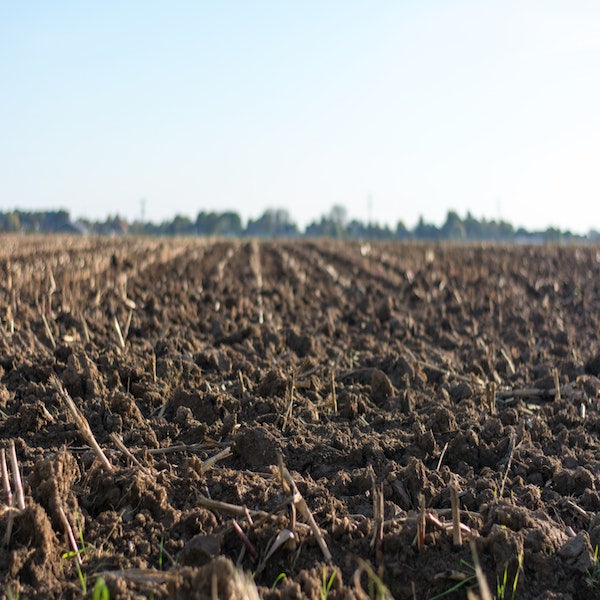How to Nourish Your Soil in the Winter
•Posted on January 16 2020

In most climates, planting seasons are cyclical. This means that during an off or dormant season, you should just leave your soil alone, right?
Well, not if you want to optimize your plants' health and yield in the following season.
Gardening is a full-time job, and you need to ensure that your soil receives proper nourishment all year long, including in the winter.
Here are a few tips to make sure that when the winter turns to spring, your soil is primed and ready to burst forth with plant life.
It All Comes Down to the Nutrients

Gardening is actually not as complicated as it might seem at times. In fact, it's a matter of making sure the essential nutrients that plants need to be as healthy as possible, are present.
The first three — carbon, hydrogen, and oxygen — are abundant and absorbed in the air, so there's no need to worry about supplementing them.
The second group are the six macronutrients that plants take exclusively from the soil in larger amounts. These are: nitrogen, potassium, phosphorous, magnesium, calcium, and sulfur. (Carbon, hydrogen, and oxygen are also macronutrients).
The final group contains nutrients that are used by plants in trace amounts, called micronutrients: boron, zinc, manganese, iron, copper, molybdenum, chlorine.
When these macronutrients and micronutrients are all present, there's a better chance that your plants will grow and flourish in the soil.
Here's how to make sure your soil is as healthy and nutrient-rich as possible:
Use Mulch/Compost

Mulching refers to the application of a layer of another material on the surface of the soil, and it can be effective in supplementing nutrient deficiencies.
This is especially true when you use a nutrient-rich material, like compost (organic matter that has been allowed to break down naturally over time) or manure.
These are two of your best bets if you don't have a way to identify exactly which nutrients your soil needs.
Mulching with fertile material supplements the nutrients in your soil and preps it for the growing season. This is typically done at the end of winter.
Have Your Soil Tested

If you've struggled with growing healthy plants and produce, it's likely that you have a nutrient deficiency of some kind.
Judging by the appearance of your plants, an expert may be able to give their recommendation regarding exactly what your soil is missing.
For example, if your plants seem to be more pale yellow than they should be, it's likely due to a deficiency of the macronutrient, nitrogen.
Unfortunately, this is only helpful if there are currently plants in your garden to observe, so in the winter, this isn't the case.
Instead, having a deep cork (cylinder) sample of your soil analyzed by a soil testing lab is one way to be sure what's there and what isn't.
Use Water Soluble Fertilizers

Once you know what you're missing, it's time to supplement your soil with the micronutrients and macronutrients it needs to bear healthy growth after the winter. At Greenway Biotech, we offer natural, heavy-metal free, eco-friendly fertilizers that can add a wide variety of deficient nutrients in your soil, ensuring that it's as healthy as possible all year long.
To learn more, shop our selection of water soluble fertilizers.
Related Posts:
Comments
0 Comments
Leave a Comment